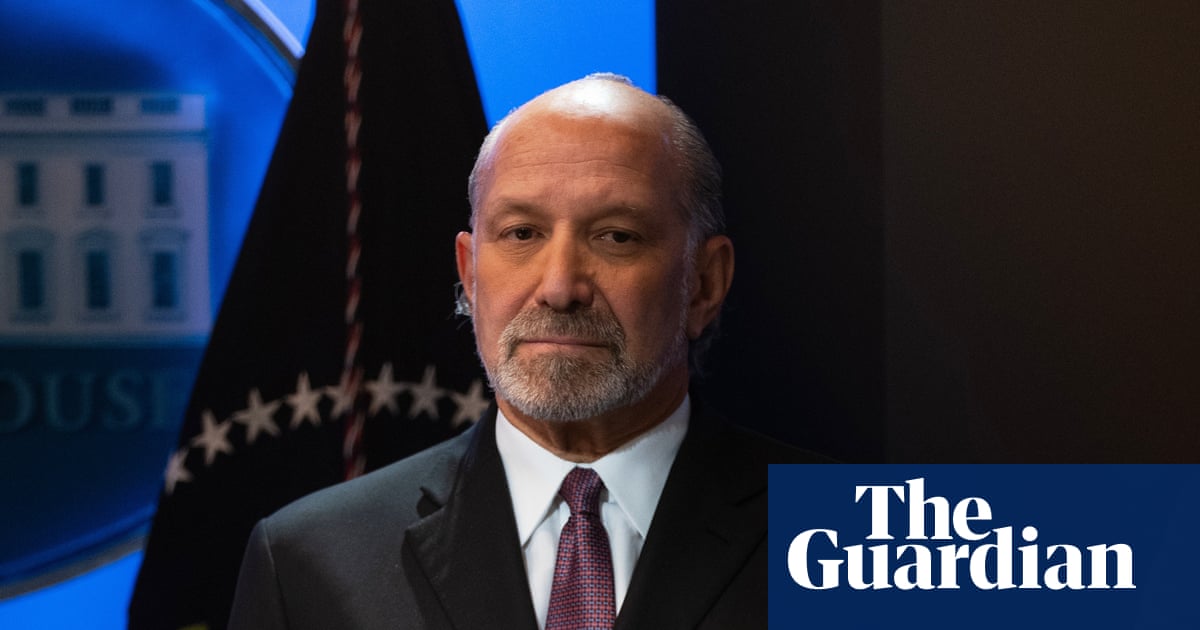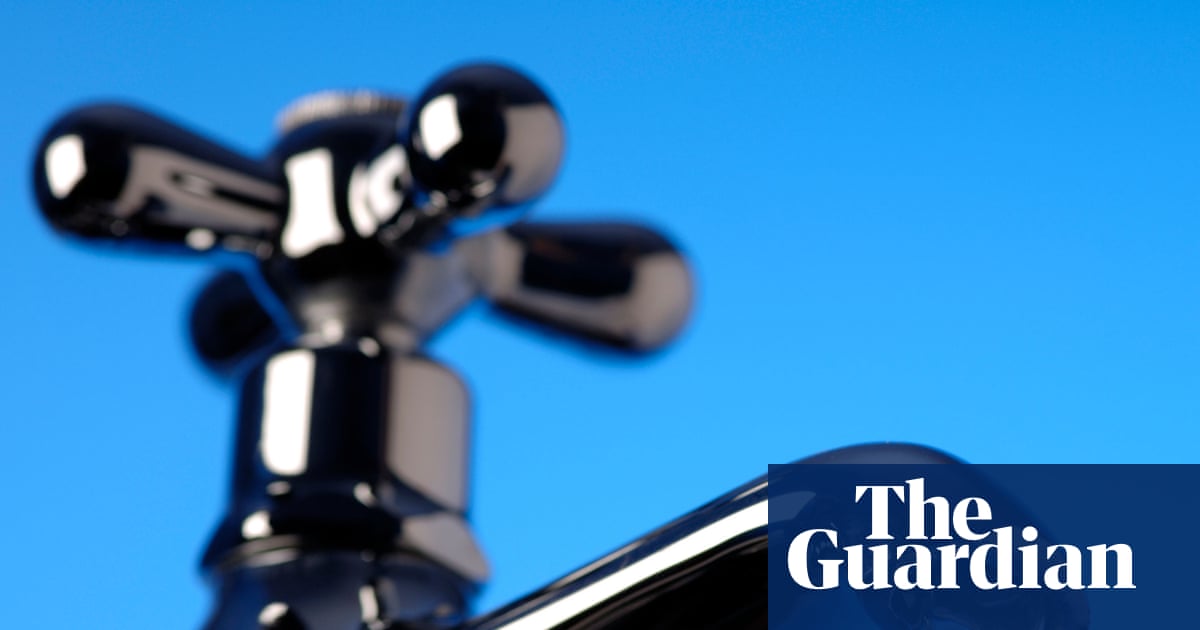Since its release, A House of Dynamite has triggered its own fallout over how accurately the film depicts the government’s immediate response to a nuclear attack of unknown origin. Could a missile fired from the Pacific really reach Chicago in just 18 minutes? Is the decision to retaliate solely in the president’s hands?
In particular, the Pentagon has challenged the film’s suggestion that US-launched interceptor missiles have only a 61% success rate at shooting down incoming intercontinental ballistic missiles, insisting that the real figure is 100% in testing. (The nonprofit Center for Arms Control and Non-Proliferation puts it even lower than the film, at 55%.)
However, one technological aspect of A House of Dynamite less in dispute – whether or not you are a nuclear expert – is the prominent role mobile phones play in the unfolding crisis. They serve as a touchstone across the film’s three-part narrative, helping ordinary viewers more fully enter an extraordinary situation. After all, whether it’s an iPhone, Android or other model, everyone has their own hotline now.
A House of Dynamite is especially authentic in portraying the smartphone, like nuclear energy itself, as a dual-use technology – not so much in the strict sense of having both military and civilian uses, but as one we employ across our personal and professional lives. The phone serves as an instrument of intimate human connection and as the omnipresent avatar of work.
The personal aspect is on display throughout, as characters desperately turn to their phones to warn loved ones about the imminent attack. But the movie establishes the centrality of phones in family life even before the characters learn of the missile launch.
Near the start of the film, for instance, as Capt Olivia Walker (Rebecca Ferguson) leaves for her job monitoring threats in the situation room, she tells her young son: “Mommy’s got her phone.” Here, the phone becomes a symbol of the bond between parent and child.
Later, we encounter secretary of defense Reid Baker (Jared Harris) as he takes a condolence call, during an early morning round of golf, about the recent passing of his wife. “We were lucky to have 33 great years,” Baker tells the caller. The phone is a source of consolation.

When we finally meet the president (Idris Elba), he’s in the Oval Office speaking via cellphone to his wife, who is on safari in Kenya. The scene underscores how the device can connect two people, husband and wife, no matter how far apart.
In other scenes, by contrast, the phone is cast as a jarring intruder into family life. That’s evident when it interrupts deputy national security adviser Jake Baerington (Gabriel Basso) and his wife as they discuss their future during a traffic jam on the way to work.
The phone’s disruptive force is shown even more clearly when the NSA national intelligence officer for North Korea, Ana Park (Greta Lee), is alerted about the launch while attending a civil war reenactment with her young son. In a bit of foreshadowing, her voice can be heard on the line amid gunfire, explosions and other sounds of battle from the reenactment. Park has also wandered away from her son to take the call.
There are limits to the blurring of boundaries between the mobile phone’s dual nature, though, especially for high-ranking government officials. That’s highlighted when both Walker and Baerington are, separately, shown relinquishing their devices at a security check as they go into the White House complex. Later, Walker deposits her phone in a secure chamber before entering the situation room.
The phone’s flip side, however – as an extension of human bonds – reasserts itself when Walker later breaks security protocol by having her phone smuggled into the situation room so she can warn her husband to evacuate Washington in case it, too, becomes a target. The moment links back to her earlier reassurance to her son about having her phone with her.
For all the evidence A House of Dynamite offers about the crucial role mobile phones play in our lives, they can’t heroically save the day. That’s shown most poignantly when Baker calls his daughter in Chicago but gives her no warning as only minutes remain before the city is obliterated. Instead, he tries to smooth over tensions in their relationship, pleased to learn she’s in a serious relationship.

That sense of futility also resonates on a larger scale. In a scene evoking the storied Washington–Moscow hotline of the cold war, Baerington negotiates with the Russian foreign minister in an emergency bunker beneath the White House. Cell phones have been swapped for more conventional phones. But the tense exchange brings no relief or resolution to the grim scenario.
Far from a calamity-averting innovation, the phone in A House of Dynamite becomes an emblem of human limitations. And real events suggest a mobile phone in the wrong hands may be more likely to lead us into a nuclear crisis than out of one. Consider President Trump’s recent post on the Truth Social app announcing that the US would resume nuclear weapons testing after three decades to be on an “equal basis” with Russia and China.
Russia responded that it would follow suit if any country resumes nuclear testing. US energy secretary Chris Wright subsequently clarified that the testing would not include actual nuclear explosions but rather “system tests”.
If a president had used their mobile phone that recklessly in a nuclear thriller, audiences might find it hard to believe.

 3 months ago
92
3 months ago
92

















































